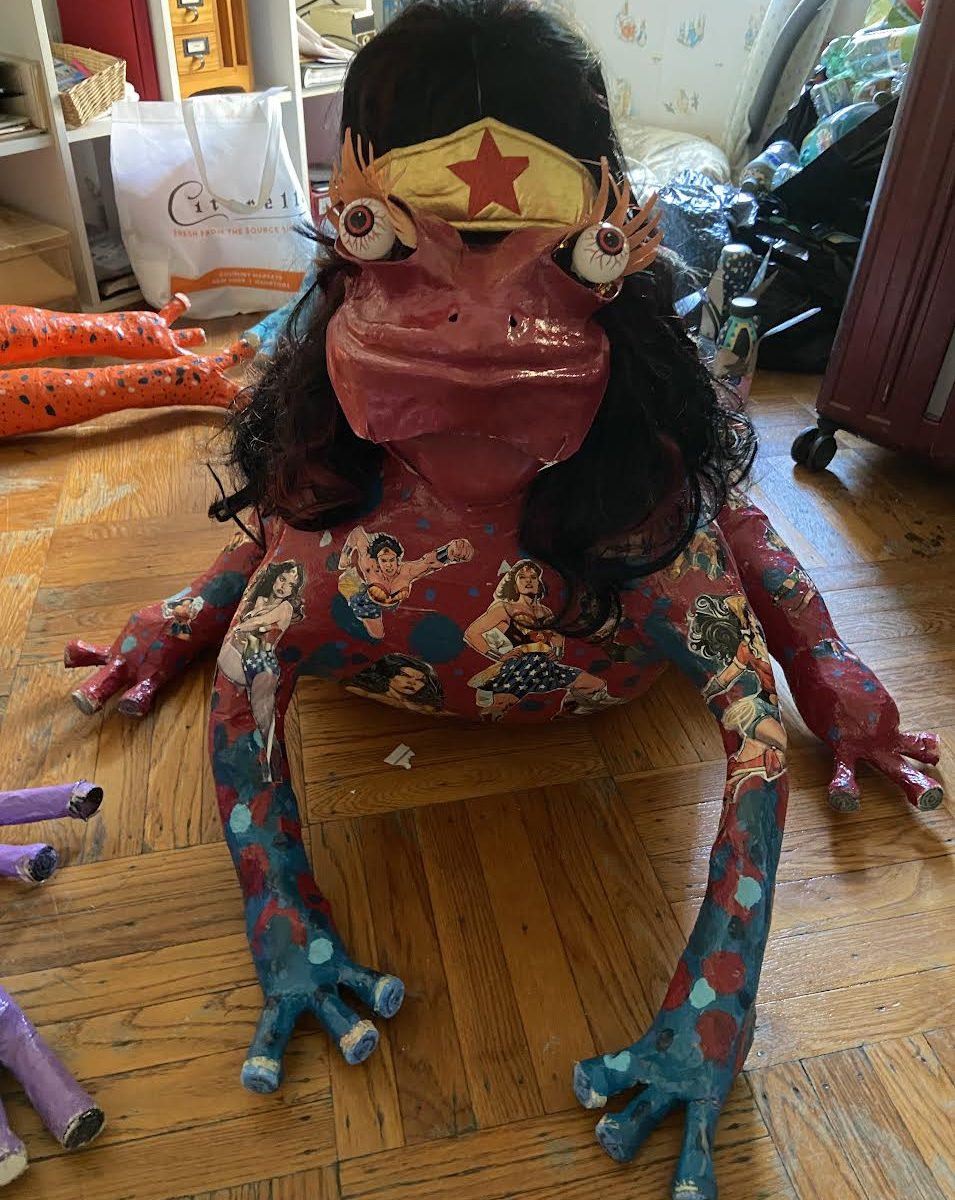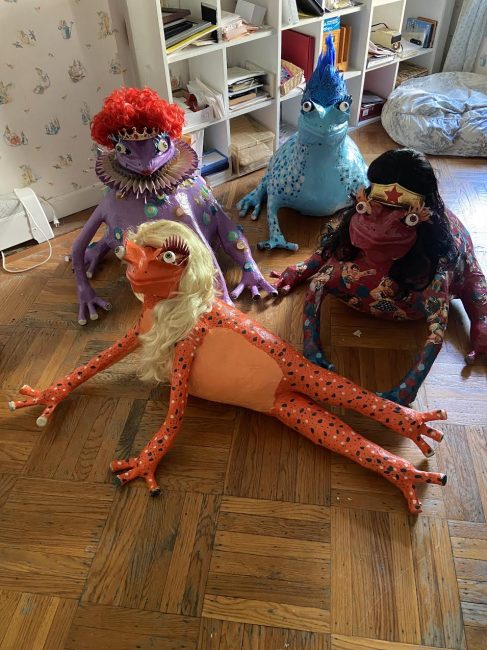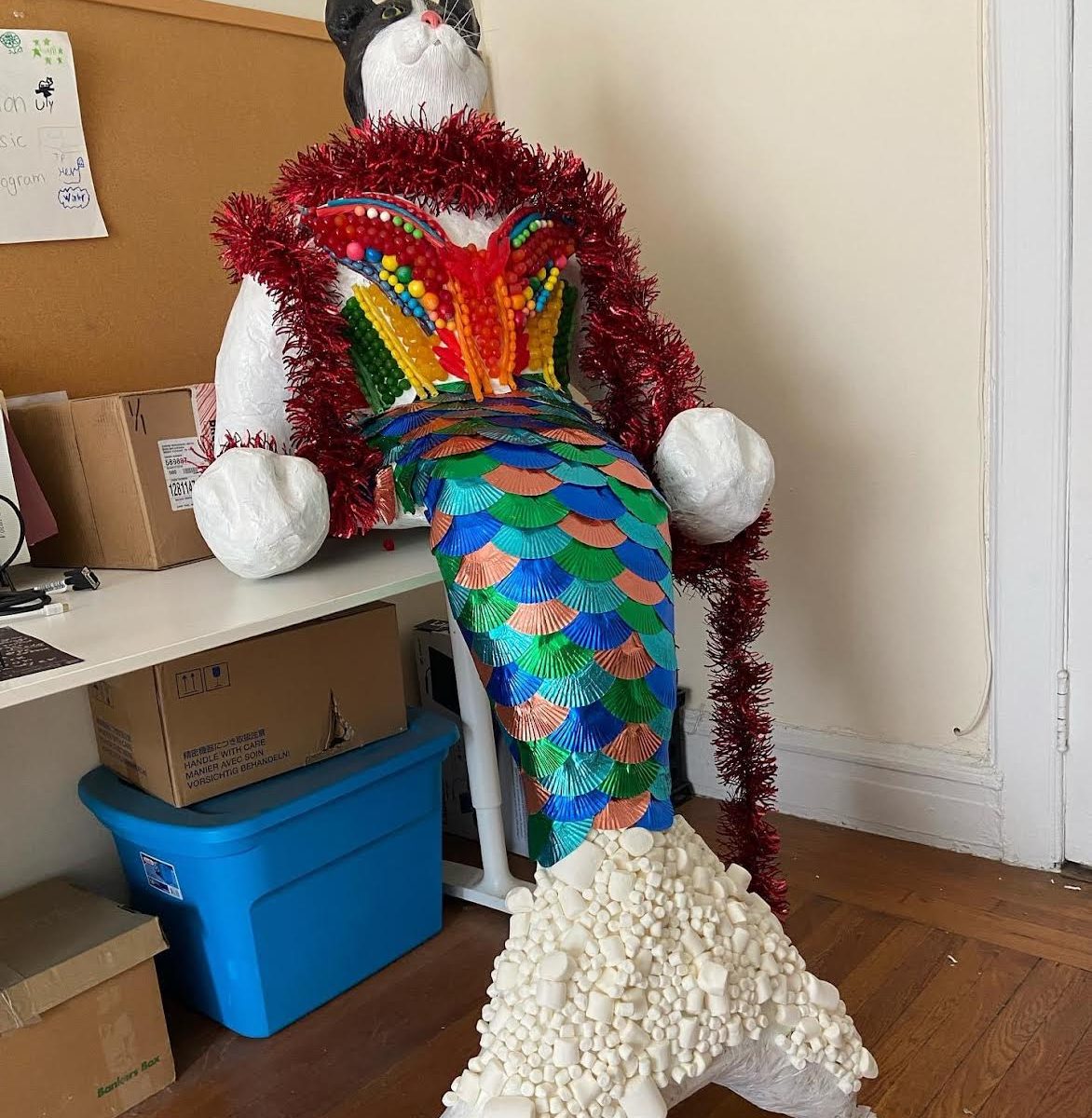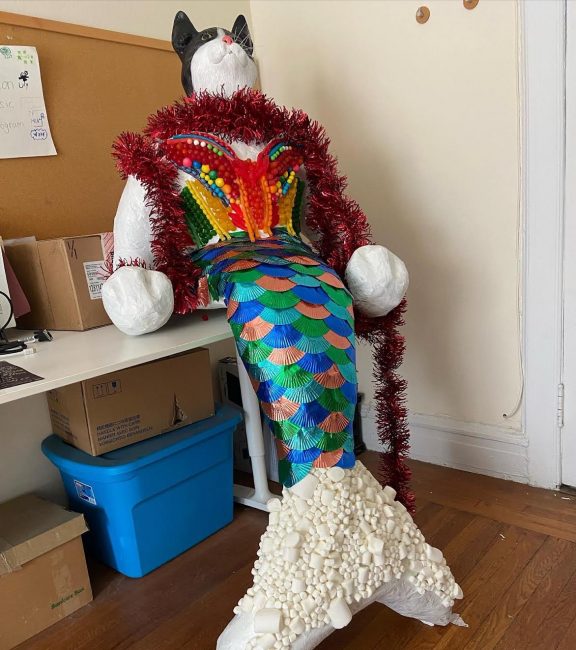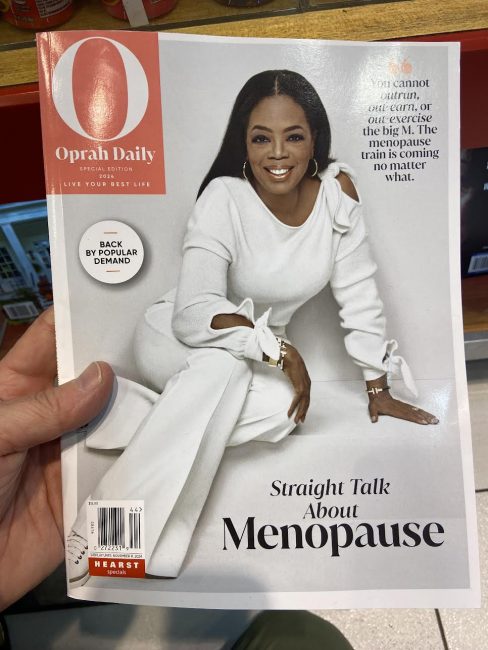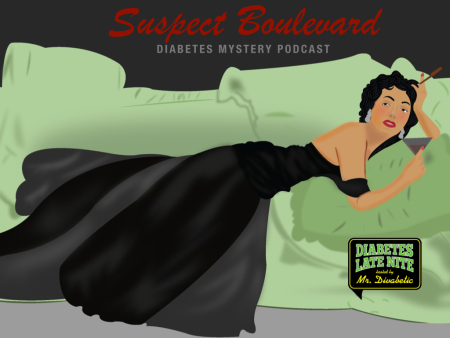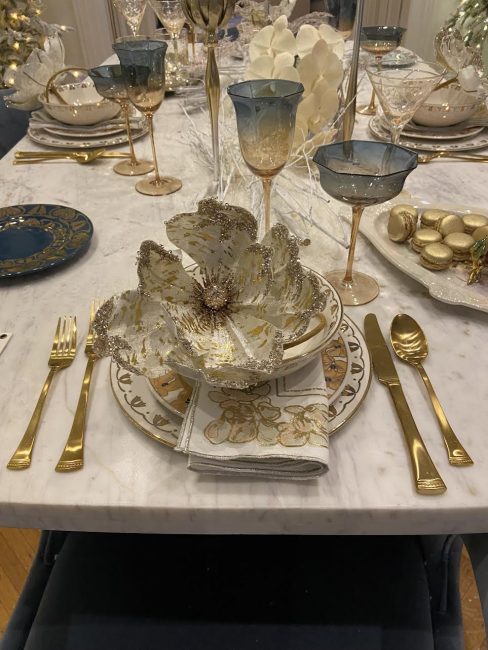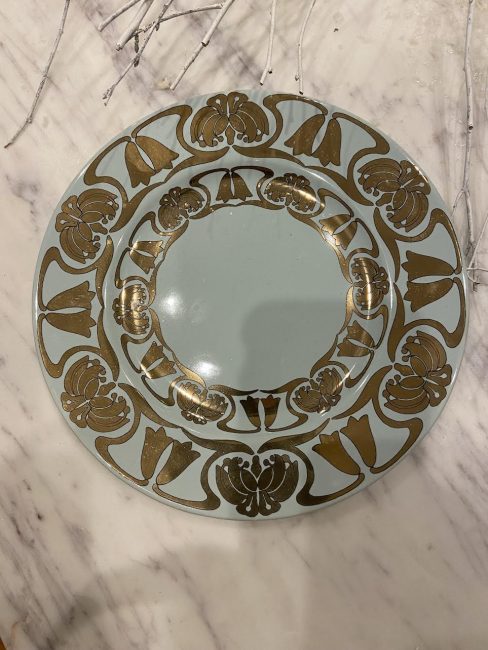Wow, Wow, Wow! I’m excited to be a guest on Richard Marzetti‘s upcoming Soul Life program on Solar Radio! I can’t wait to share my memories of working for Luther Vandross.
Growing up, I listened nonstop to Rochester, New York’s WDKX. Sometimes, I pinch myself when I realize I worked for one of R&B’s biggest stars. I owned every Luther album! To this day, it still seems unreal that a kid from Rochester would one day get the opportunity to work for Luther Vandross.
Amazingly, I started working on the Never Let Me Go tour thirty years ago.
Just so you know, I was a big Luther fan, just like the listeners of Solar Radio, before I began working for him. I’m really thankful to his fans for keeping Luther’s music legacy alive and for those new and old fans who strive to prevent mismanaged diabetes complications such as stroke from occurring by managing their diabetes daily to ‘keep their house a home.’

Being featured in the Luther: Never Too Much documentary is an honor, and I feel privileged to represent the hardworking, talented, caring, and supportive people who worked behind the scenes for Luther. Working on a tour in the wardrobe department for Luther was indeed the gold standard.

I’ve been hooked since my friend Mark Love introduced me to the UK’s Solar Radio a few years ago. Their fantastic mix of new and classic R&B, gospel, and dance music is incredible!
It’s been a joy to hear Richard Marzetti feature my music, Mama’s Kitchen Table by Ivan Hampden Jr. and Paulette McWilliams, and Standards by Crystal Penny on previous programs.
Sharing a new unreleased, hidden gem by Luther on this program (thanks to SONY Legacy) and a song by a good friend is just the cherry on top! I hope you can tune in on Friday!! I’ll post a link in the comments section.



